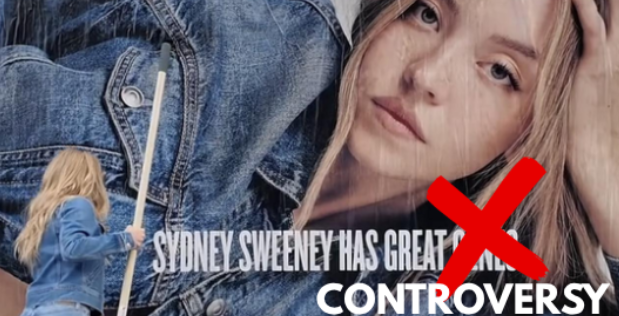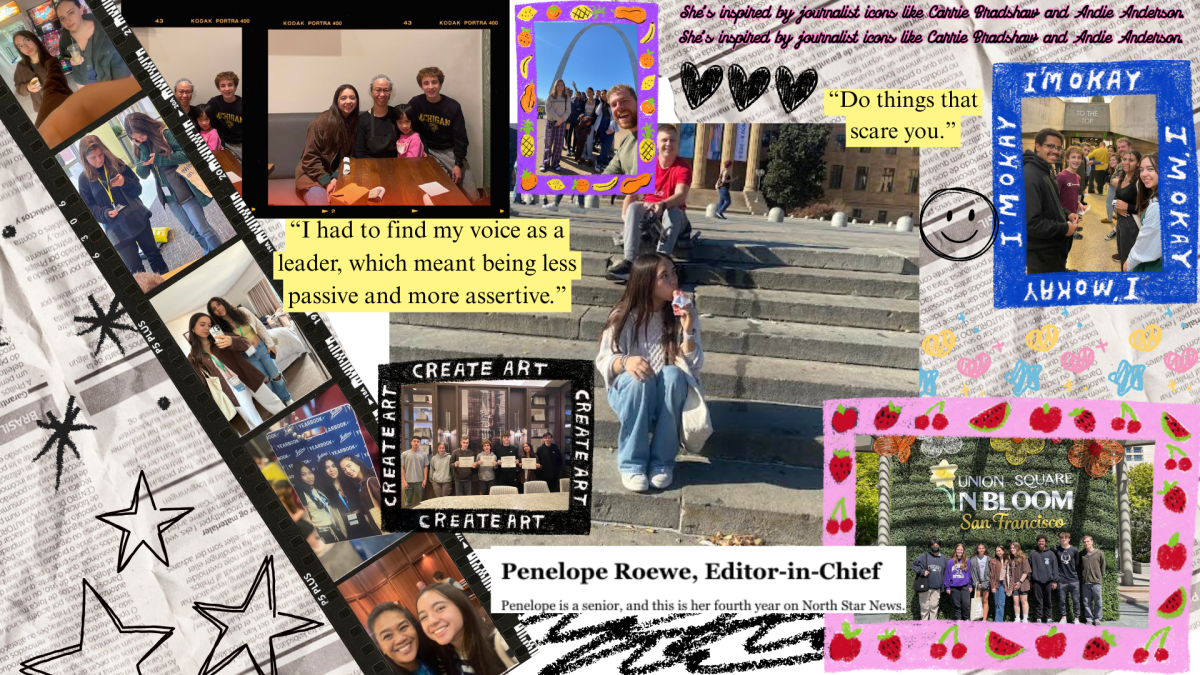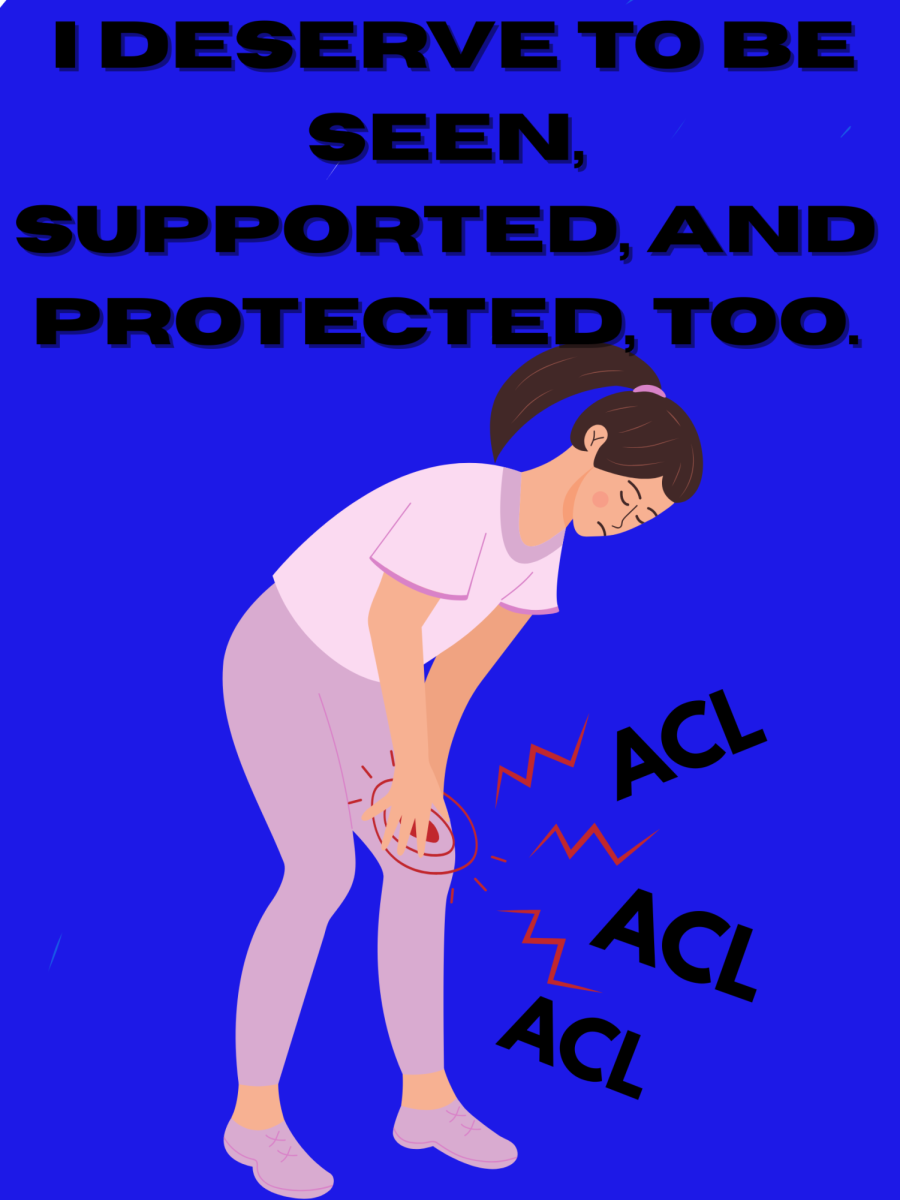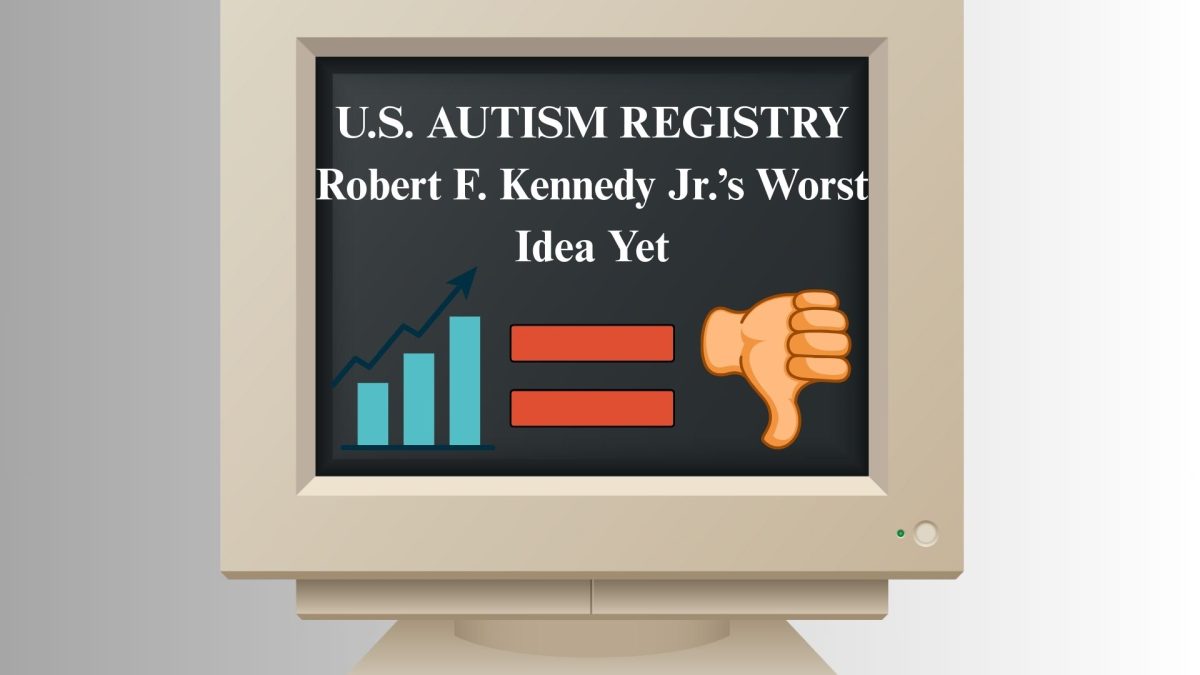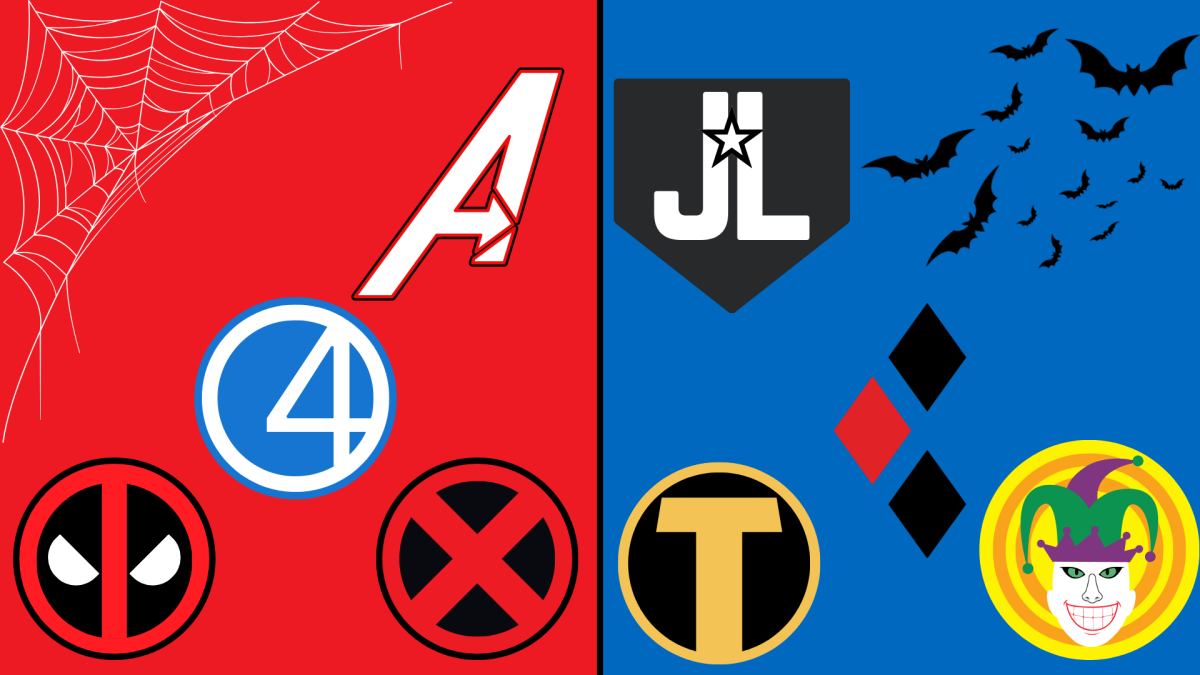When you hear the name of the actress Sydney Sweeney your mind may go straight to Euphoria or Anyone But You, as she is known for her roles as Bea and Cassie Howard, but not for everyone. Recently, Sweeney was featured in an American Eagles Ad where some viewers found it problematic due to the phrase “great jeans” which some saw as a play on the word, “genes.”
According to NPR, many individuals believe that the phrase “Sydney Sweeney has great jeans,” made it appear that the ad was talking about her appearances. Viewers said it focused too much on her looks like her blond hair and blue eyes and felt like it hinted to ideas linked to white supremacy and eugenics.
The phrase, “great jeans” wasn’t just a fashion pun, it pushed the idea of superior genetics. This kind of messaging is dangerous as its roots fall back to white supremacy. It’s unsettling how easily this kind of narrative gets disguised as a clever ad.
“Sweeney’s saying she had the superior genes aka she’s the superior race,” junior Yaeeta Lajin said. “When she talked about how genes are passed down, she said ‘offspring’ which reminds me of eugenics. This entire ad is a dog whistle for fascism and white supremacy, actually insane, I don’t understand how they didn’t think about that.”
Many of the audience connected the genetics remark back in October when Donald Trump was identifying “bad genes” as a cause of real or fake crimes, and many people thought it was feeding into a troubling conversation about race and genetics in America.
Conservative watchers defended Sweeney and framed the criticism as “cancel culture,” which refers to withdrawing support to a public figure or company after they have been believed to have done something offensive or unacceptable in society.
The New York Times argues that the ad focuses too much on Sweeney’s body and was excessively sexualized and suggested for the “male gaze.” In one of the American Eagle ads Sweeney said in an alluring voice, “Hey, eyes up here,” after zooming in on Sweeney’s cleavage believed to be targeting the wrong audience.
Viewers are taking the issues with hypersexualization of the ads especially when it is supposed to raise awareness on domestic violence, where 100% of the price of the jeans will be donated to Crisis Text Line, an organization that offers immediate support to individuals who are experiencing mental health crisis. “I think it’s really nice that they decided to raise money but that doesn’t suddenly make the ad okay,” Lajin said. “It’s a very obvious copy of the Brooke Shields Calvin Klein jeans which is so messed up considering Shields was exploited at a young age. Media does not exist in a vacuum. With what’s going on in the world, such as the rise of fascism, you can’t expect people to believe that it’s just a coincidence. Politics and news do affect the media.”
As Lajin mentioned, in 1980, Brooke Shields, an American actress and model was featured in an Calvin Klein’s jean ad dealing with similar conflicts as Sweeney.
In the ad, Shields states, “Nothing comes between me and my Calvins,” which caused controversy for its sexual tone and use of a teen model. Many thought the ad was similar to Shield’s and criticized it for pushing outdated beauty ideals. The comparison caused backlash, though American Eagle said the campaign was just about denim.
The controversy around the ad highlights how sensitive conversation about race, genetics, and representation remains today. While some defend it as harmless marketing, others see it as a way of promoting harmful and outdated ideals. This situation shows the importance of being mindful about the messages ad send, especially when tied to serious social issues.


